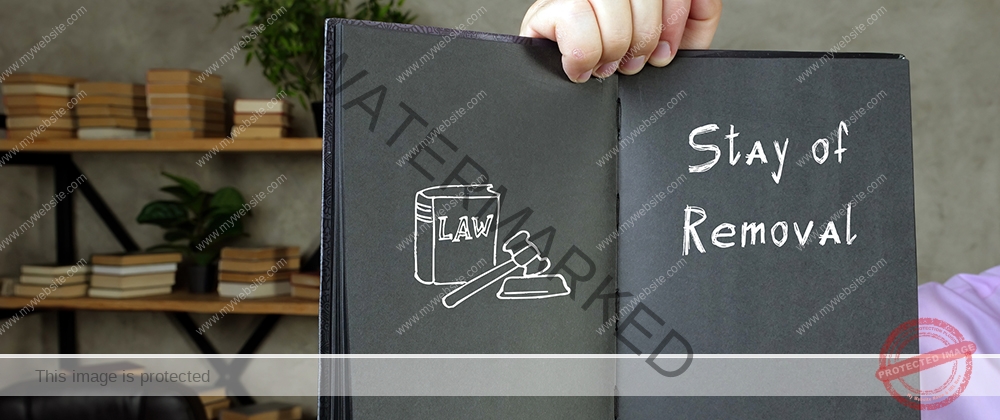On Thursday, October 2, 2014, the New York City Counsel announced a proposal that would stop honoring the requests of the United States Immigration and Customs Enforcement agencies to detain immigrants without a warrant from a Federal judge.
The proposed bill goes further to say that only if an immigrant has been convicted of a “violent or serious crime” can United States immigration officials place a hold or detainer on that individual.
Under the new legislation that will be introduced next week, the Department of Corrections will not be allowed to use their information to enforce the Federal Immigration laws. With the exception of information necessary in helping to enforce a legitimate detainer request.
Additionally, another bill introduced at the same time eliminate United States Immigration and Customs Enforcement agents from being present at Rikers Island. Presently, and for many year now, the Department of Homeland Security, Immigration and Customs Enforcement, has kept a presence at Rikers with a full time, dedicated office located there.
The new proposals place New York City on an ever increasing list of other cities who have chosen the humanitarian approach of treating the immigrant population by refusing to fully cooperate with United States Immigration and Customs Enforcement’s request for information on non-criminal immigrants.
The mayor of New York City, Bill de Blasio made a public statement last week, supporting the proposed legislation. He said that the bill was “thoughtful and progressive,” and believed it to be important in a city of immigrants, like New York. He added that the dignity of individuals and right to due process should be protected.
Of course, United States Immigration officials reacted by supporting their view that Immigration and Customs Enforcement’s reason for placing detainers on arrested individuals is to protect the public from potentially dangerous criminals. Immigration officials also pledged to work together with New York City law enforcement to detect dangerous individuals and deport them from the United States.
The Immigration agency cited a few cases where individuals, who had a detainer or immigration hold, were released by local law enforcement and went on to commit other serious crimes. When asked to provide statics or concrete examples, the agency was not able to provide any numbers but cited two cases. The first occurred this year when a man killed his girlfriend, after being released in 2011 and the second in 2012 when a man was released but driving drunk, struck and killed a skateboarder.
The City Council in recent years has taken a keen interest in New York City’s involvement in the enforcement of the federal immigration laws. Legislation has already been passed that limits the city’s law enforcement agencies cooperation with these federal agencies. The current protocol is that if an individual is accused of a felony or certain misdemeanors they will honor the request for a detainer even without a judge’s warrant.
Immigration officials issue detainers asking state and local law enforcement agencies to hold immigrant detainees for up to two days after being released from their custody. Many times these individuals end up transferred into Immigration detention facilities and face deportation at the hands of a federal immigration judge.
Because federal detainer requests are voluntary, federal judge’s offices have noted that they may be violating the Constitution. This year, state courts in Pennsylvania and Rhode Island decided that detainers do not amount to probably cause enough to keep an individual detained.
Statistics from the Department of Correction show that more than 3,000 individuals were transferred to federal immigration custody due to a “detainer” from October 2012 to September 2013.
The New York Civil Liberties Union said the changes would send a message that Rikers Island would no longer serve as a co-conspirator for immigration officials.



